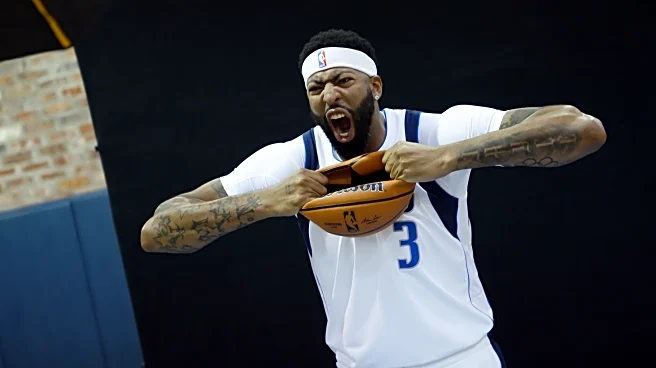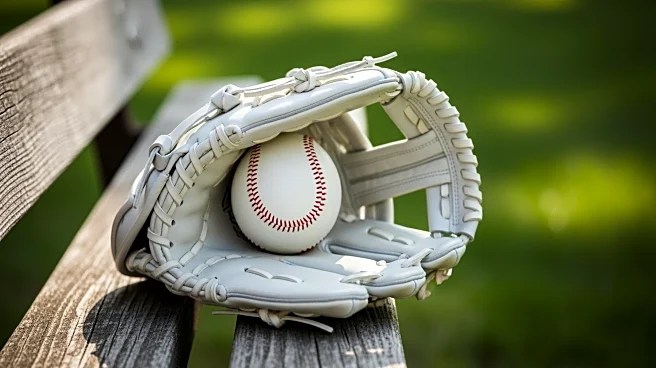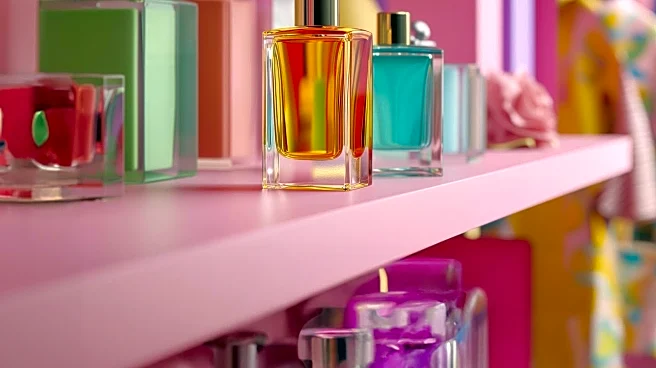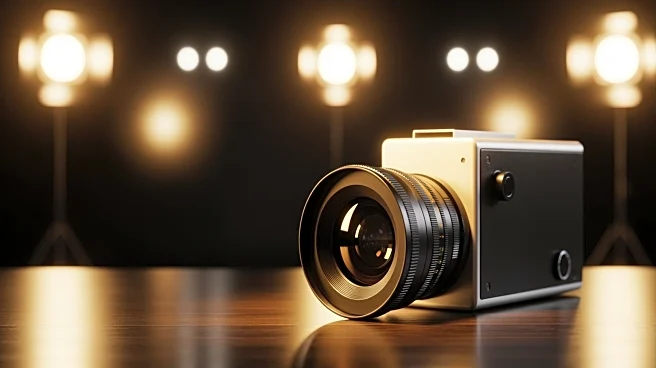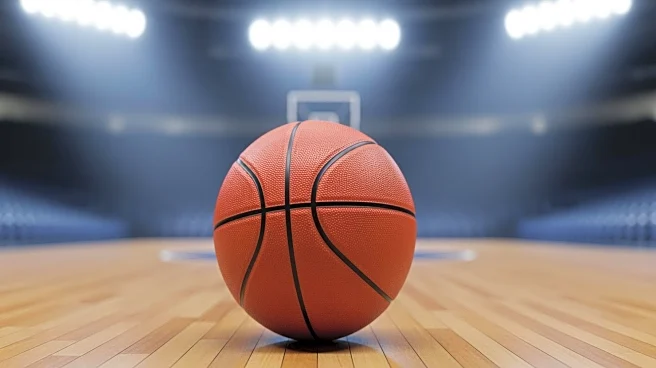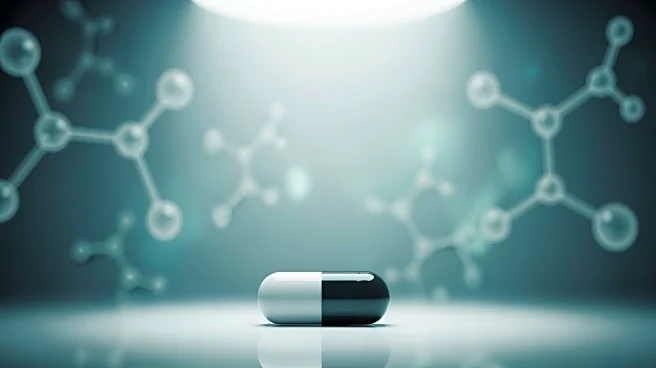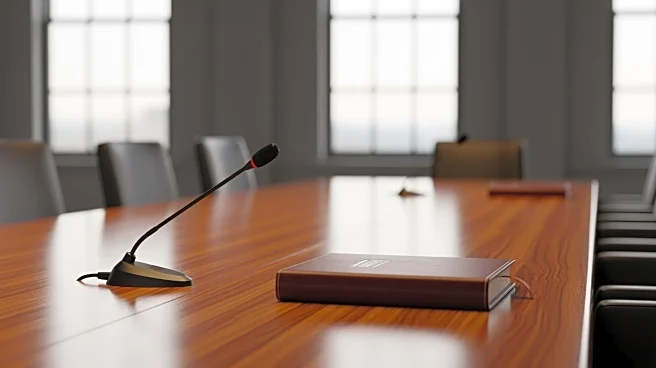On October 13th, 1992, Admiral James Stockdale began his introductory comments at the Vice Presidential debate with an opening line that would become a punchline for laughs on Saturday Night Live shortly
thereafter. “Who am I, why am I here?” He had intended to come back to that thread later in the debate and tell the country of his life story, service in the military, various posts in the academic world, and his vision for the country. The moderator almost completely ignored Stockdale after that initial laugh-inducing opener—focusing on Dan Quayle and Al Gore almost exclusively. Stockdale was never able to answer his own question and instead became shorthand for “doddering old man” in the early ’90s. A prisoner of war who became an Admiral, then a Vice Presidential candidate on the most strangely viable third-party presidential ticket of the 20th century, was effectively reduced to what we would call in modern parlance—a meme.
The question he asked that night—met with chuckles in the debate hall and mockery in the days that followed—is one I’ve found myself asking at junctures that feel like crossroads. Autopilot is a mode many of us spend our lives on in various ways. Evaluating our routines, our opinions, our loyalties every day would be exhausting and lead to long stretches of navel-gazing. The other extreme is equally precarious. Go too long down a path without checking the compass of your soul and you are liable to lose yourself so completely that even the map—the one you grabbed out of the take-one at the trailhead—will be of little use. When that happens to most humans, they simply keep going down the path, hoping it leads somewhere scenic and rewarding. That is, unless we pause and take an inventory. Past commitments continued out of a sense of integrity, even when they no longer serve us well, is a mixed bag. Sure, you will not be accused of waffling or cutting bait. You might also find yourself humming a certain Talking Heads song. Same as it ever was, indeed.
Here rooting since the franchise opener in 1980—admittedly I was just 5 years old—being a fan of the Dallas Mavericks has always meant taking the rough with the smooth. For every Vince Carter game winner, there was a year of Quinn Buckner to suffer through. The 2011 title banner was a balm that soothed the memory of the wilderness years of the ’90s. The pain of losing Nash, the pride of keeping Dirk. The pain of losing Brunson, the pride… oh wait, that’s right, this timeline is real.
I find myself at the edge of diving in again, year 4 this time. Crafting observations and opinions, baking them with overbaked metaphors, and doing my level best to make sense of all things Dallas Mavericks on behalf of any and all who take the time to read—an act for which I am always grateful.
This year, though, feels different. Last season’s earthquake trade of franchise cornerstone Luka Dončić changed something in me and—from talking to many of my colleagues—I am not alone. The sacred contract of MFFL formed in the early days of the Mark Cuban era has transmuted into something stained. As if your homestead’s mortgage started out shepherded by your quaint hometown bank which was then bought up by a nameless, faceless conglomerate who expected your same presence and grace—despite canning your favorite friendly advisor at the local branch for smoking hookah on the weekends. For many of us, the analogy is not perfect, but it tracks. We were in Bedford Falls and have suddenly found ourselves tethered to a franchise that feels more like Pottersville.
The Fracture, Revisited
From the night the debacle landed in our notification trays, I labeled it as the worst moment in DFW sports history and stand by that. In the weeks and months that followed, I channeled Mozart and Captain Kirk trying to make sense of it. Realizing I still care about this team—but provisionally now—I wrote that the fanbase was fractured into three groups until at least the end of the Harrison era. Those who tossed the franchise aside for good are long gone and unlikely to return en masse. The remaining tension no longer includes the noisy exodus, which has left an ideological divide.
Are you long since moved on? If so, your stance is likely that the trade—love it or loathe it—is in the rearview and rarely should be mentioned as it has little bearing on this upcoming season and beyond. This may also stem from an understandable desire to let your sports fandom be filled with warmly comforting irrational thoughts.
The start of a new season, new faces, a number one draft pick in Cooper Flagg dropped from the heavens in the face of staggering odds gives a natural home for hope to spring eternal. Who wants to be told that their favorite team is fundamentally flawed and poised to be torn down during or after this upcoming season? It is not fun to read prognostications portending doom and gloom—or worse yet given what is punished in pro sports—impending mediocrity in what may be a final chapter of the Harrison regime.
I can hear it now. Don’t say that. Don’t write that. Instead, tell me why I can hope. My job is stressful, my family life is various degrees of chaos, and the world is a mess. The least you can do is shut up about the Luka trade; he is not coming back. Tell me about how Ryan Nemhard is going to shock everyone as an undersized pick-and-roll wizard. I am a Mavericks fan not for a single player you seem to be unable to move on from. Enough already.
Believe it or not, I can sympathize with that framework—to a point. Sports is a landscape we often retreat to and allow ourselves to feel beyond reason. It is also one of the last bastions of communal experience. So why, in that sacred respite from the rest of reality, would we want to wallow in lamentations about which nothing can be done? While I can map those stars and see the constellation when formed, it is not what I naturally see when I look up at the same sky.
The Social Contract
Until at least the end of the Harrison era, I find myself seeing all things Dallas Mavericks through the prism of the ultimate fork-in-the-road moment. Actually, that is too charitable. Nico Harrison was not channeling Frost and opting for the road not taken. He was choosing between the highway and the ditch—and swerved the car down into the ravine and called it a move that fit his timeline.
After 21 seasons of Dirk, it seemed as though, definitionally, the Mavericks had the chance to be the sort of franchise that doubled down on career-long loyalty to a second legend. So many backstops had to give way to allow for the unthinkable. Mark Cuban had to be out of the decision tree. Check. He had to sell the franchise to a group of people who had no basketball acumen and were gullible under the sparkle of a trip to the Finals. Check. There had to be a complete lunatic installed as General Manager who fetishizes his former Nike buddies over empirical talent evaluation. Sadly, check. The trade needed to be approved with no other teams involved outside of the two-man Ascension Coffee powwow, Dallas had to be willing to take less for the sake of secrecy, and forego a more logical move to sign Luka to the supermax and then make the trade a year or so down the line à la Damian Lillard. Check, check, and ugh… check.
Players and coaches still under contract with Dallas are not about to tell you what they really think. But if you listen closely, they will after they depart. God Shammgod was anything but subtle on his way out the door—calling the trade of the franchise player and its aftermath, “spooky times.”
The covenant I made as an MFFL back during the late ’90s made room for losing, for disappointment, and for disagreement with moves along the way. You don’t take on supposed lifelong fandom tethering without knowing there will be pain a plenty ahead. But I did not sign up for this. A General Manager who would have sent Dirk packing after the 2006 Finals and still might if his time machine is ever finished. Harrison is a vacuous chasm where a smart executive purports to be. He shattered the social contract between the franchise and the fans. That some of the fans seem not to be fazed by this and are content to root for laundry as Jerry Seinfeld once opined is a moot point.
Perhaps early in the offseason, the novice ownership group may have thought that opening up a GM search amid such turmoil would lead to a worse outcome than the status quo for one more year. After landing the number one pick with a bit of undeserved good fortune, the rebuild job is far more enticing—and that buoys even higher if Cooper Flagg has a promising first year under the NBA lights.
If that Rookie of the Year–level effort merely offsets the inevitable injuries and roster dysfunction that can reasonably be expected given the sudden dearth of playmaking and defense at both guard positions, the middling result will give Mavs fans something to be excited about for the future—and every reason for the owners to turn the keys over to someone with enough sense to strip it down and build the Flagg era properly. Mr. Nike is not that dude.
My Stockdale Moment
I am the oldest staffer here—unless Kirk rouses an old-school columnist out of retirement, that is unlikely to change anytime soon. I grew up before the internet was a thing that defined nearly every facet of life, and so I feel like a relic. I see how divided we are, and I don’t just mean in a two-sides sort of way. We are splintered and spliced into micro niches—courted by the algorithm to keep clicking on things we already agree with and cloistered in a hermetically sealed jar of opinions.
This humble website is one of the few places a fan of the Dallas Mavericks can get analysis that is not behind a paywall, (usually) not titled with clickbait, and not heavily curated by the editors. That means—despite my misgivings on the current installation of Mavs decision-makers—I have the privilege of doing something that is rare and fleeting these days, pontificating unabashed.
This roster is a hodgepodge, and yet I hope they prove me wrong. Far too much size and focus on defense, and many of the offensive weapons are possession extenders or finishers rather early possession point of attack decision makers. The advantage creation that Luka and Kyrie provided is now elsewhere and on the shelf, respectively. The defense may well be top 10 by season’s end, but the offense will be brutal. Sure, Davis (adductors willing) will drop 40/20/15 on the Hawks, and his defenders will point to those sorts of efforts—and any struggles the Lakers have—as a sign the trade is working out after all. Harrison will tell us Kyrie Irving’s rehab has him ahead of schedule, which will be either smoke or an irresponsible rush job on his return. Will they make the playoffs or the play-in? I am not sure it matters, as this stacks up to be the last year for Harrison—and perhaps Kidd as well if the successor GM wants his own guy in place next offseason.
So, who am I? Why am I here? I am here because I care about my fellow staffers, the game of basketball generally, and I believe this franchise is destined to endure one more year of anguish before the deck can be reset and brighter days can be seen on the horizon. The best part of the story is that Flagg may well be the next North Star for the Mavericks—yet I have no illusions about overly rosy championship chatter that Harrison will try to sell the fanbase as the season is underway. Where I am not optimistic in the short term, I am endlessly fascinated by this unfolding human drama even if this is not the permutation of the timeline the vast majority of us saw coming or would ever have chosen.
The car is in the ditch, the tow truck has been called, and we are about to walk through the waiting game on its arrival. The only way out of this era is through. I lived through Quinn Bucker, I can get through this too and so can you. Let’s get to work.
